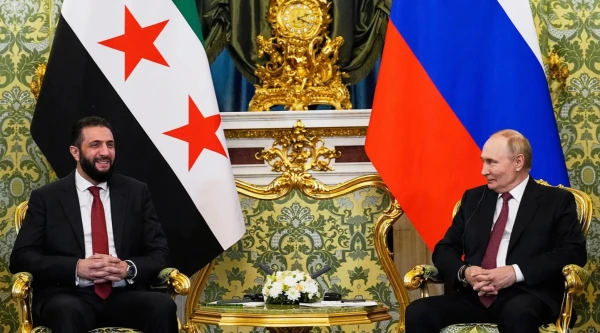
Damascus would benefit from an extra-regional partner, equidistant from local players.
Thus, Russian President Vladimir Putin and the transitional leader of Syria, Ahmed al-Sharaa, held their first negotiations in the Kremlin since the change of power in Damascus in December 2024. The parties acknowledged that they need each other. According to Anton Mardasov, an expert at the Russian International Affairs Council, Russian military bases will help the new authorities in Damascus maintain their freedom of maneuver in relations with local players.
The Success of "Democracy"
Initially, the visit of the former field commander, who fought at various times in Iraq and Syria on the side of "Al-Qaeda" (an organization recognized as terrorist and banned in Russia), was supposed to take place within the framework of a Russian-Arab summit, but after its cancellation, Moscow and Damascus apparently did not change their plans and narrowed the extensive Middle Eastern agenda to a specific bilateral one.
At the meeting in the Kremlin, Ahmed al-Sharaa advocated for the two countries to "restart the complex of relations." Vladimir Putin supported this idea and called the recently held parliamentary elections in the country a "great success," although many observers believe they lacked transparency.
The elections were indirect — members of the district electoral colleges voted for two-thirds of the 210 members of the People's Assembly, while the remaining 70 members were then directly appointed by the president. Given that the electors are, in one way or another, loyal to the new authorities, the elections largely became a political decoration. For example, a number of provinces not under Damascus's control did not participate. However, Moscow has no particular reason to criticize Syrian domestic politics, if only because it recognized the results of the elections to the People's Assembly, which former President Bashar Assad held three times during the civil war — in 2012, 2016, and 2020. They also took place in limited territories and were clearly not more democratic than the current ones.
In general, comparisons between the visits to Russia of the current and previous Syrian regimes are inevitable, as the contrast is obvious. Assad was brought to Russia on Russian planes and often accompanied by fighter jets, while the Kremlin's press service reported on negotiations with Putin in Moscow or Sochi only after the Syrian president's plane had already begun its descent into Damascus under the cover of air defense. Ahmed al-Sharaa no longer needs such protection from Moscow: he arrived on a private Airbus registered to a Qatari airline, which had already flown him to Doha and Washington.
It is clear that Moscow is interested in developing relations with the current Syrian authorities, and is therefore willing to accept those it had officially called "terrorists" not so long ago and tried to eliminate. The most important question is the Russian military presence. Russia has no alternative facilities in Syria for operational supply of the "African Corps," which has deployed or replaced the Wagner Group in North and West African countries. Without a Syrian "jumping-off airfield," the tonnage of transported cargo will be significantly limited. The prospect of establishing a Russian base in Sudan, where a civil war is ongoing, remains extremely elusive.
Moreover, although Russian bases in Syria no longer serve their original purpose of containing NATO's presence in the Mediterranean, as most weapon systems were withdrawn after Assad's regime fell, maintaining a military presence allows Moscow to participate in regional affairs as an active player rather than an observer.
But paradoxically, Damascus also needs cooperation with Russia on a variety of issues. Even Assad's stay in Moscow does not hinder this. If al-Sharaa touched on the topic of extraditing the former president during the negotiations in Moscow, it was purely for domestic political reasons, understanding the impossibility of such a step from the Kremlin's side, at least from an image standpoint.
The System of Checks and Balances
The legitimacy of al-Sharaa has long been unequivocally recognized by the Kremlin: back in February, Vladimir Putin congratulated al-Sharaa on his position as transitional president and wished him success. It is worth noting that al-Sharaa, despite his, as Donald Trump put it, "strong past," seems to be genuinely trying to think strategically.
From conversations I had with Syrians who found themselves in the current government apparatus after the change of power, it appears that al-Sharaa is trying to balance between the radicals in his circle and a pragmatic approach related to building checks and balances. After bloody incidents on the coast and in southern Syria, it is hard to believe this, but the situation in the country, as before, cannot be described only in black-and-white terms.
For example, despite the sentiments in the new Syrian army, into which various and often poorly centralized factions were hastily integrated, the official Damascus opposes the forceful reintegration of Kurdish territories. This option for combating "Kurdish separatism" is promoted by Turkey, which the current regime in Damascus owes its victory to and which promises to implement many investment projects in a neighborly manner. Moreover, Arab tribes united in the Kurdish-led "Syrian Democratic Forces" have their grievances against the coalition leadership related to the forced relocation of their kin and the uneven distribution of oil revenue. Overall, they have long been ready to support al-Sharaa.
However, the new authorities in Syria do not want to get embroiled in a new protracted conflict and completely spoil relations with the West and Arab monarchies. For Ahmed al-Sharaa, it is important, on the one hand, to maintain distance in relations with Turkey and avoid the mistakes of the previous regime, which became overly dependent on Iran.
On the other hand, according to sources, al-Sharaa is considering the option of reintegrating Kurdish units and their security forces as a counterbalance within his own system, where integrated radical Islamists do not always share the pragmatic views of their leadership.
Why Syria Needs Russia
The Kurdish issue illustrates that Damascus would benefit from an extra-regional partner, equidistant from local players. Russia is capable of playing a serious role in such a situation. Firstly, Russian military facilities, even with truncated functions, serve as a counterbalance for Damascus. It is no coincidence that Israel advocates for the preservation of Russian bases in Syria, as even in this state they curb Ankara's ambitions.
Secondly, despite the memorandums and contracts signed by al-Sharaa's regime with European and Asian investors, the implementation of projects is either delayed by partners who are afraid to invest serious capital in Syria, or the payback period is too long, while the economy needs urgent measures such as fuel or grain supplies. It is symptomatic that it was Damascus that initiated the return of "Tatneft" to the Syrian market, which had halted operations in the country back in 2011. It is clear that even in the event of a positive outcome of the negotiations, organizing the work of oil workers at any facilities in Syria is not so simple. The issue of security will need to be resolved, and private Russian security, given the experience of the Wagner Group, its predecessor the Slavic Corps, or Redut, is perceived quite specifically by both Syrians and the Russian authorities themselves.
Thirdly, Russian military forces continue to use another military facility in Syria — the airfield in Qamishli, near the borders with Turkey and Iraq. It is evident that it continues to operate with Damascus's consent, and it is possible that the parties view it not only as a stronghold to deter a hypothetical new Turkish operation against the Kurds, but also as a base for mediating efforts between al-Sharaa's regime and the "Syrian Democratic Forces." Moreover, the topic of the withdrawal or retention of American troops is constantly discussed in Washington, and the parties must consider the possibility of this step.
In January, making a forecast for Forbes regarding the prospects for the preservation of Russian military facilities, I wrote that much would depend on the rapprochement between Damascus and Western countries, which is progressing rather slowly, so it is unlikely that al-Sharaa will insist on the complete closure of bases. Now it can be stated that relations between Damascus and Western countries are developing so slowly that even cautious steps by Moscow on the Syrian track seem decisive. As a result, European countries, which previously directly linked the lifting of sanctions against Syria with the continued presence of Russian bases, have only reinforced Damascus's belief that Russia should remain.

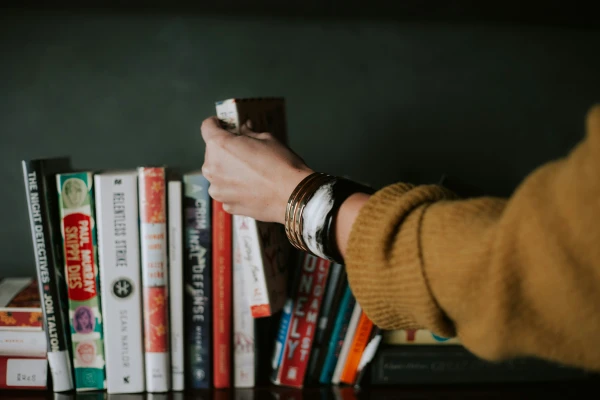
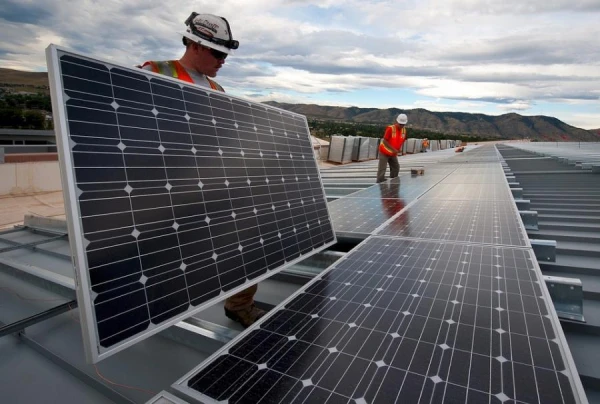
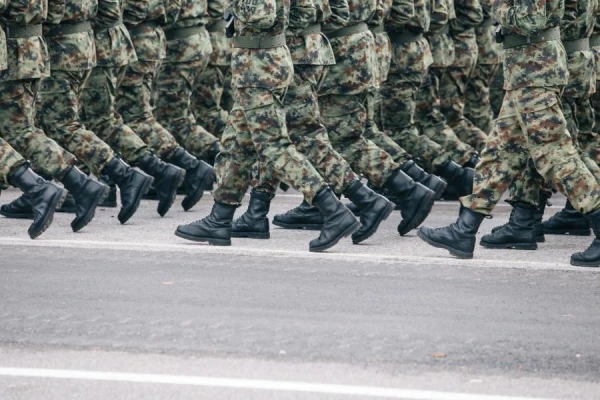
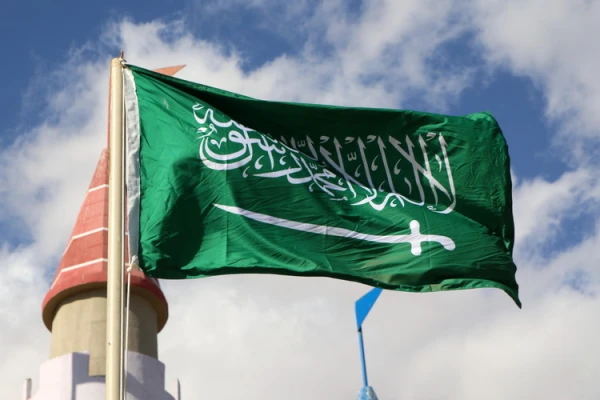
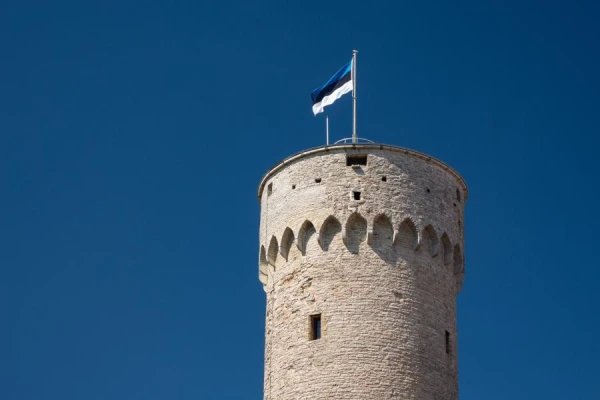
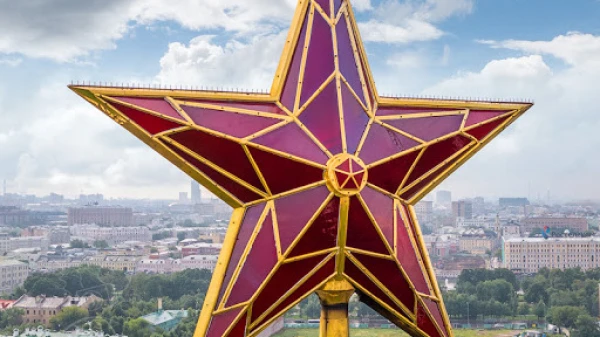
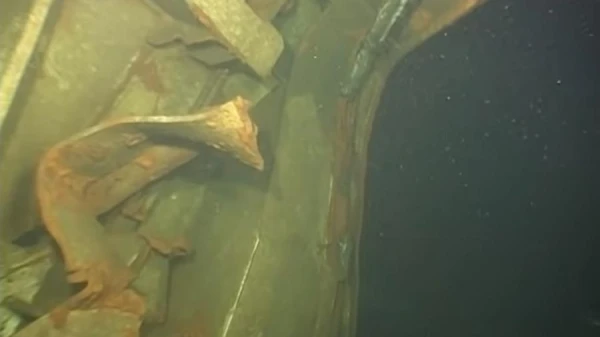
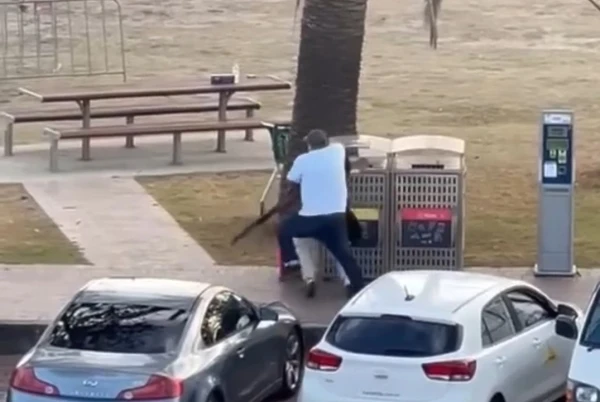
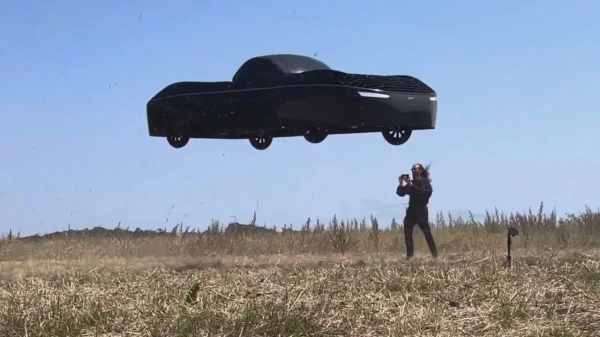
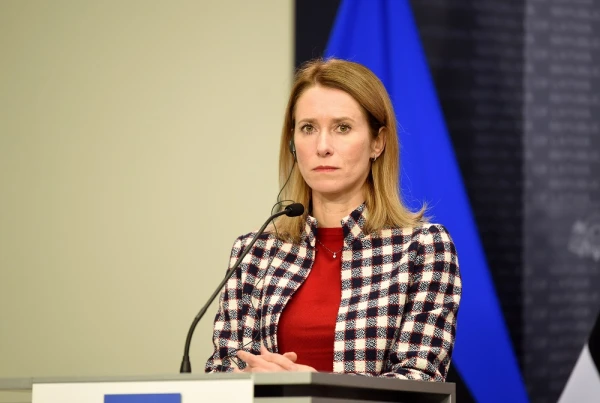


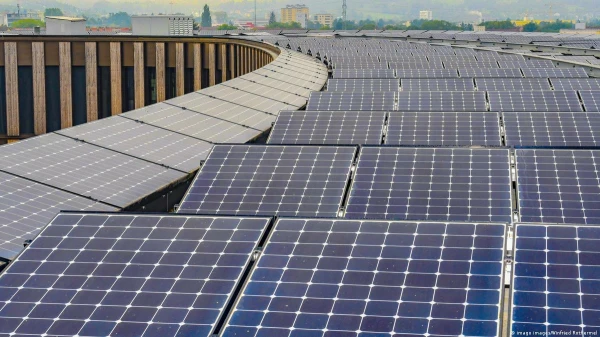
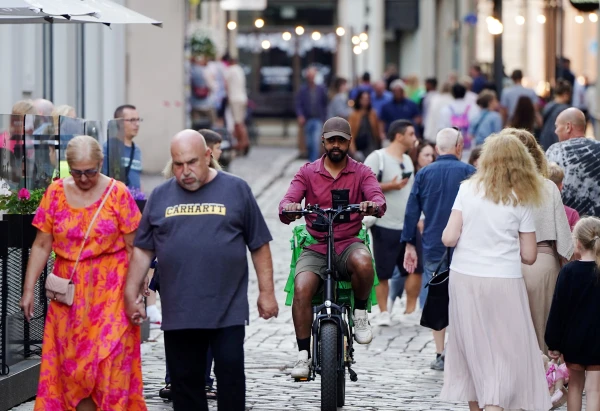
Leave a comment